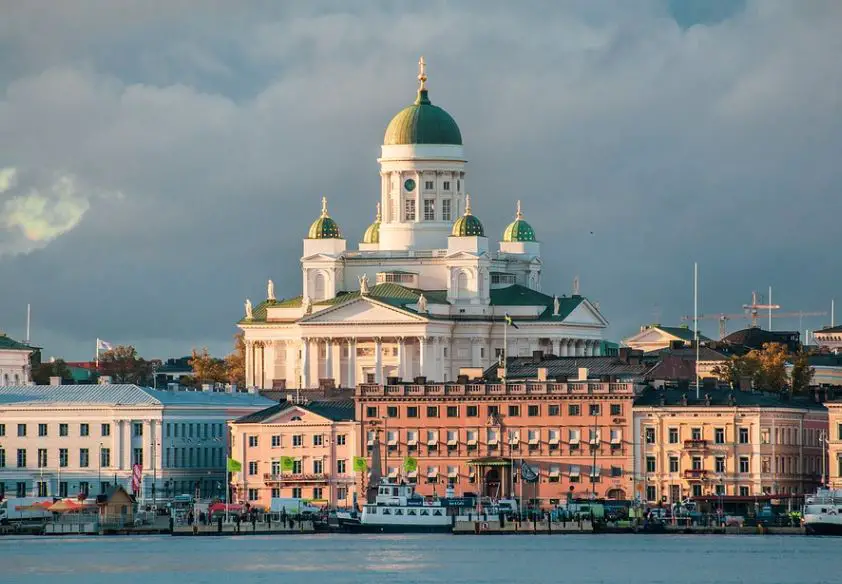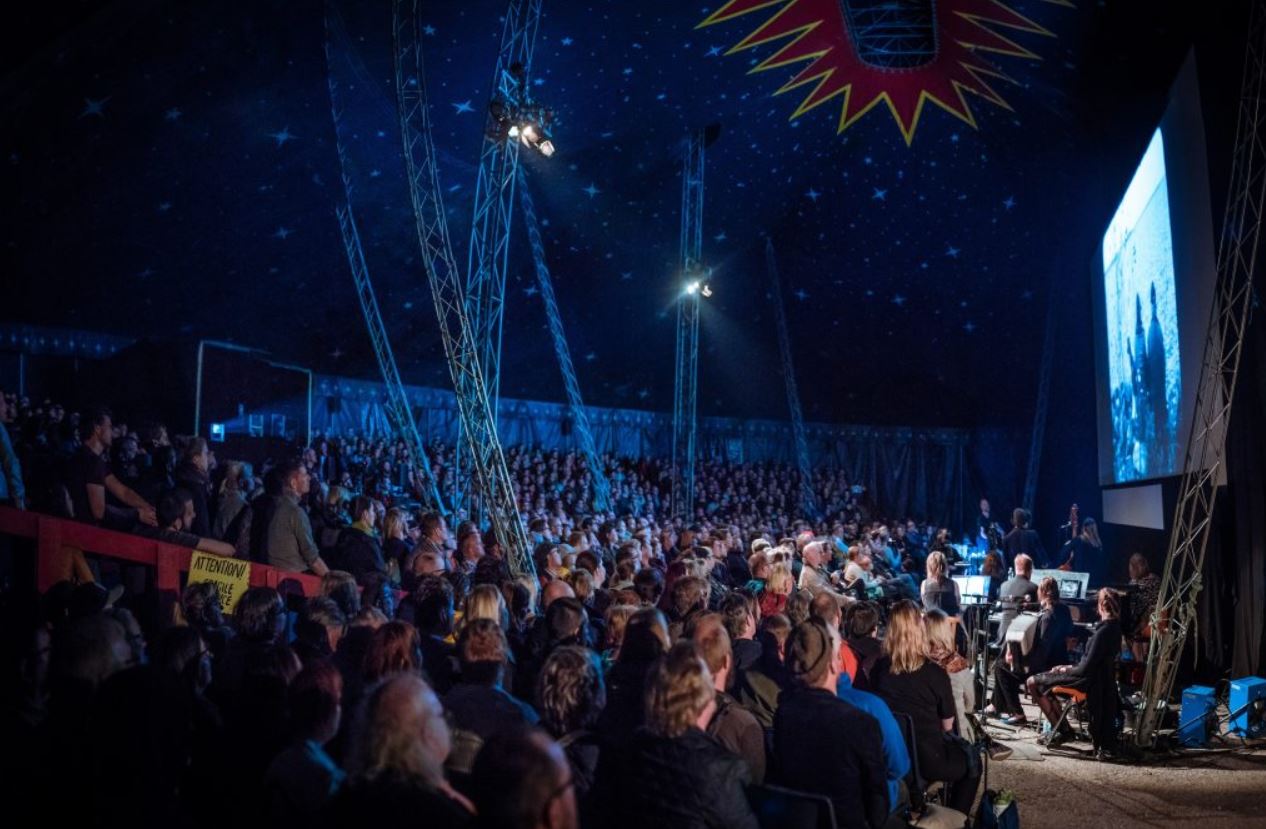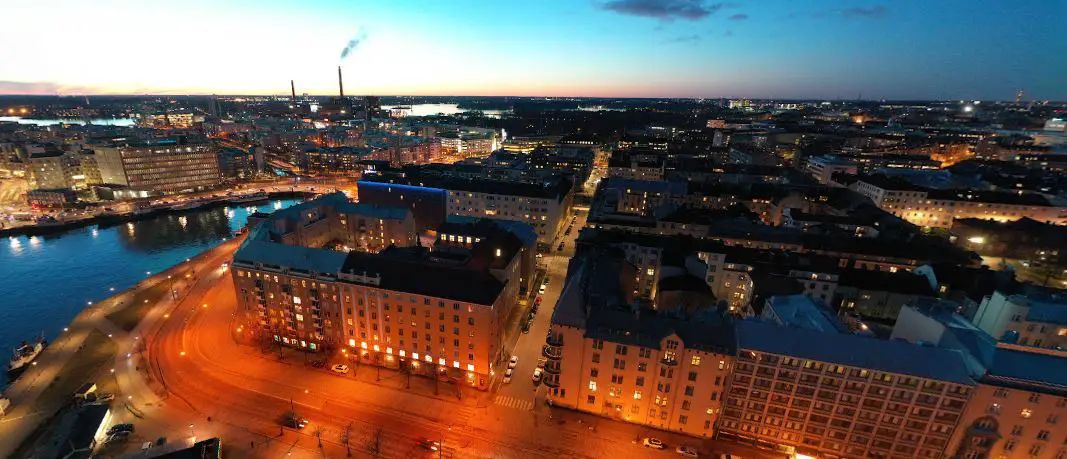What is the current political situation in Ethiopia?
Post ByAdequate Travel
Summary
The current political situation in Ethiopia is a complex and ever-changing environment. On the surface, the country appears to have transitioned into a new era of democracy under the Prime Minister Abiy Ahmed, however, deep-rooted issues and a myriad of internal, regional, and international tensions often lead to unrest. In this blog, we will explore the past, present, and future of Ethiopian politics. Before embarking on your journey to ethiopia, make sure to check the latest travel guidelines and entry requirements to ensure a smooth tripCurrent Political Situation in Ethiopia
1. Transition from authoritarian rule: Ethiopia has recently undergone significant political transformations, transitioning from decades of authoritarian rule to a more open and inclusive political environment.
2. Political reforms: Under the leadership of Prime Minister Abiy Ahmed, a series of reforms have been implemented, including the release of political prisoners, the unbanning of opposition groups, and the opening up of media freedoms.
3. Ethnic tensions: However, the political landscape in Ethiopia remains complex, with ongoing ethnic tensions posing challenges to the stability of the country. The country is composed of various ethnic groups, and competing interests and grievances have fueled conflicts in different regions.
4. Regional conflicts: Ethiopia has experienced several regional conflicts, particularly in the Tigray region. The Tigray People's Liberation Front (TPLF), which once held significant power in the country's ruling coalition, engaged in a military confrontation with the federal government in late 2020. This conflict resulted in a large-scale humanitarian crisis and raised concerns about the overall political situation in the country.
5. Elections and political opposition: Ethiopia conducted general elections in June 2021, which were seen as a crucial test for the country's democratic aspirations. While the ruling Prosperity Party won a majority, opposition parties contested the results, alleging irregularities and suppression of dissent. The political opposition remains an active player in the country's political dynamics.
6. Economic challenges: In addition to the political complexities, Ethiopia faces significant economic challenges, including high unemployment rates, poverty, and inflation. These issues contribute to political tensions and popular demands for improved governance and better living conditions.
Examples:
- The conflict in the Tigray region has led to displacement of thousands of people and reports of human rights violations.
- Opposition parties such as the Oromo Federalist Congress and the Oromo Liberation Front have been vocal in their demands for political and economic reforms.
- The government has also initiated discussions on the possibility of amending the constitution to address various grievances and ensure political stability.
- The upcoming regional elections in Ethiopia will be crucial in determining the political landscape in different parts of the country.
- International actors, including the African Union and the United Nations, have been involved in mediation efforts to resolve conflicts and support the political transition in Ethiopia.
It's essential to stay updated with international travel information, especially when planning a foreign trip, to navigate any changes in travel advisory or travel warnings.Suggested Questions
- Sof Omar Cave, Bale Zone: Horror Story, History & Paranomial Activities
- Semien Mountains National Park, Amhara Region: Horror Story, History & Paranomial Activities
- Ethiopian Airlines Head Office, Addis Ababa: Horror Story, History & Paranomial Activities
- Wenchifo Monastery, Lalibela: Horror Story, History & Paranomial Activities
- Asni Gallery, Addis Ababa: Horror Story, History & Paranomial Activities
- Chalalakko Monastery, Tigray: Horror Story, History & Paranomial Activities










